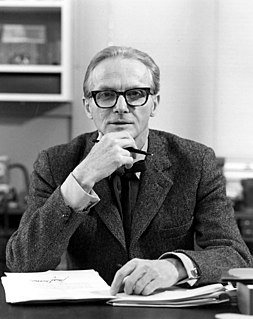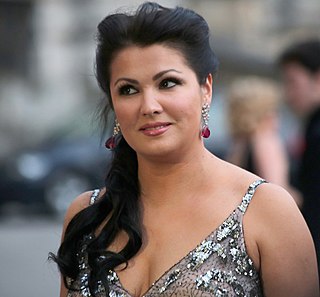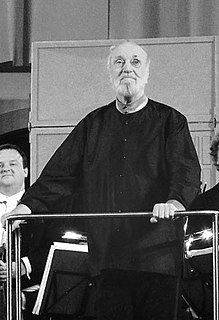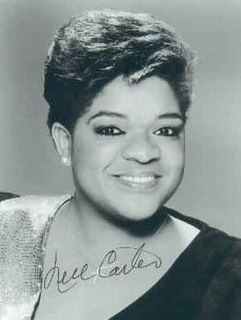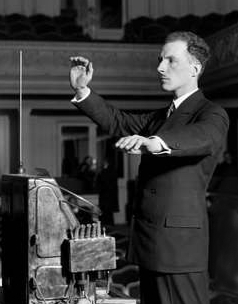A Quote by Joshua Bell
It's different for people who have not seen a symphony conductor conduct from a chair. I feel very connected to the orchestra in a way that a conductor sometimes does not feel. I think it's more visceral.
Related Quotes
What appeals to me about an American music directorship is the involvement of the conductor with the orchestra and the community. I think that's a fantastic thing. In Europe, being principal conductor means merely that you're the person who does most of the concerts. For me, that simply isn't enough.
I have had much pleasure in working with Orphei Drängar during my time as chief conductor of the Gothenburg Symphony Orchestra, and I consider OD to be one of the most brilliant men´s choirs in the world. The singers are highly professional and their repertoire is of a very wide range, but then they have been trained for years by Eric Ericson, the world´s leading choir conductor. I also admire the strength and the beauty of their voices. OD is an extraordinary powerful choir!
Before Liszt, a conductor was someone who just facilitated the performance, who would keep people together or beat the time, indicate the entries. After Liszt, that was no longer the case; a conductor was someone who shaped the music in an intense musical way, who played the orchestra as an instrument.
Have you seen a symphony orchestra? There is a person at the back carrying a triangle. Now and again the conductor will point to him or her and that person will play "ting." That might seem so insignificant, but in the conception of the composer something irreplaceable would be lost to the total beauty of the symphony if that "ting" did not happen.


